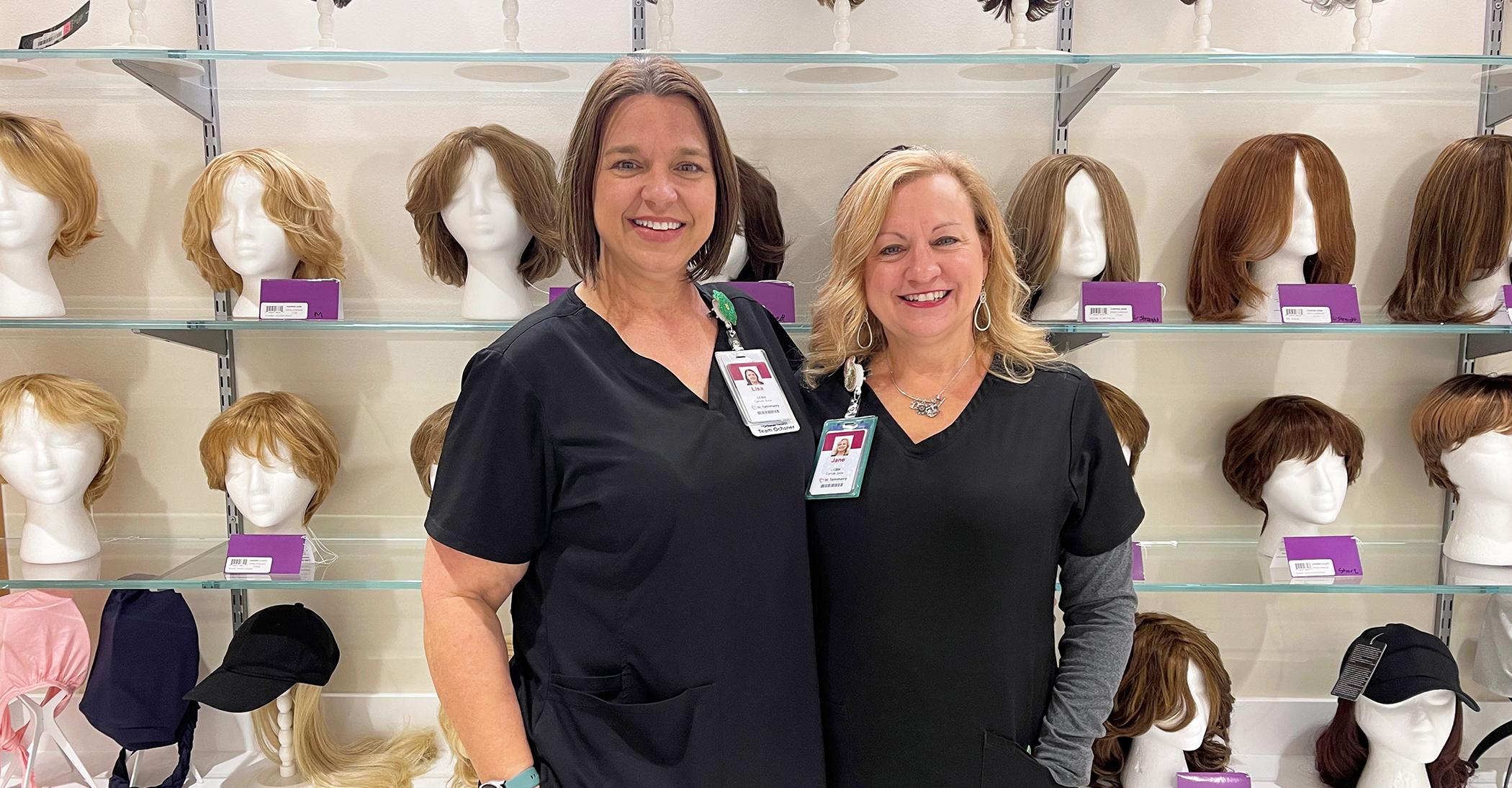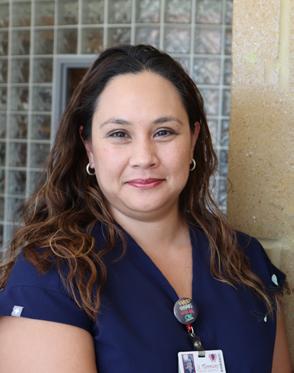
2 minute read
Ask the STHS Experts
Our seasoned professionals answer questions from our Northshore neighbors
I’ve heard references to “integrative oncology” in your cancer program. What does that mean?
– T.L., Covington
Integrative therapy takes care of the whole patient, not just certain aspects, from diagnosis through survivorship — and survivorship begins on the day of diagnosis, so we have a whole team of people available to guide patients through their journey.
To start with, we have an integrative oncology nurse practitioner, who takes a holistic approach to patient care, focusing on symptom management so patients don’t have to delay treatment or dose-reduce their therapy.

She focuses on the seven pillars of health: sleep, resilience (stress/ anxiety), purpose, nutrition, physical activity, spirituality and environment.
Then there’s what we call our “Lagniappe Services,” which include yoga, tai chi, music therapy, meditation and support groups.
We have a wig boutique. We also have acupuncture available to help with common symptoms associated with treatment.
Our team includes physical therapists, speech therapists and dieticians. We have social workers to help you with any needs you may have.
The best part: Most of these are complimentary services. You don’t have to be a patient of ours to take advantage of them, and you can self-refer. So, if you’re a survivor, if you are going through treatments, or if you are newly diagnosed, these treatments are available to you.
– STHS Director of Cancer Services
Arlyn Arseneaux, MSN, RN, OCN

Your Turn
Do you have a question for our STHS team? Go ahead. Just ask. Email your questions to CommDept@stph.org. We’ll do our best to get an answer, with select responses appearing in future editions of Heart to Heart. (Please include your hometown and the initials you’d like us to use in identifying you.)
I’m having my first baby in a few weeks. When should I select a pediatrician for my child?
– M.M., Abita Springs
Congratulations! Having your first child can be such a joyful and rewarding experience.
Now, before baby arrives, is the perfect time to establish a relationship with a pediatrician. Ideally, you will develop a close relationship with your pediatrician, so it’s important for you to choose a doctor who fits your needs and offers the best support for you and your family.
To find that doctor, you should schedule prenatal visits with local pediatricians. This is your chance to see their office first-hand, meet their staff and to ask questions.
Among the questions you should consider asking:
• Is your doctor working full time?
• How quickly will you be able to get in to see your provider when your child is sick? Does the pediatrician have spots reserved for sick children?
• Who covers for your doctor when they are not available?
• Do they schedule same-day appointments?
• How do you communicate with the pediatrician after hours?
• How long does it take to get answers to phone calls or emails?
• Do they offer video visits?
• Will you have access to your child’s medical records?
You will probably have questions of your own, but these should get you started as you develop what I am sure will a beautiful relationship between your new family and its care team.
– Jennifer Miles MD, St. Tammany Pediatrics










